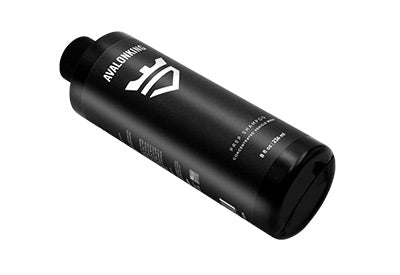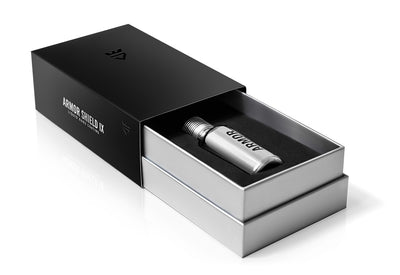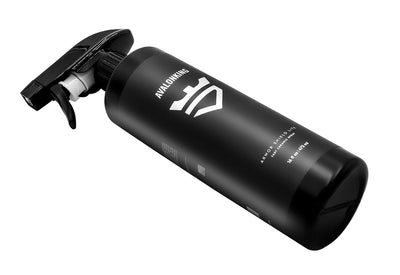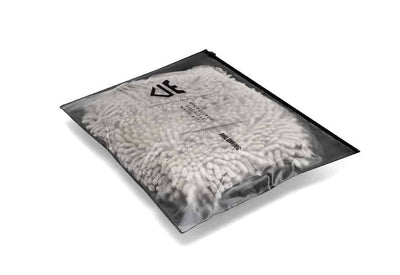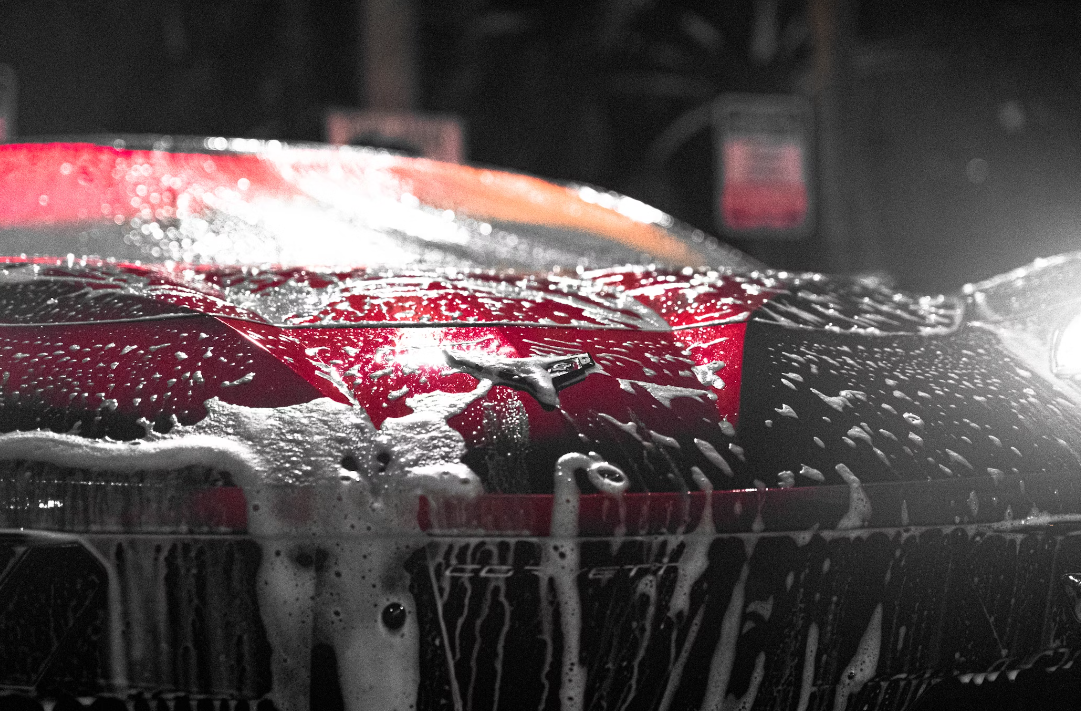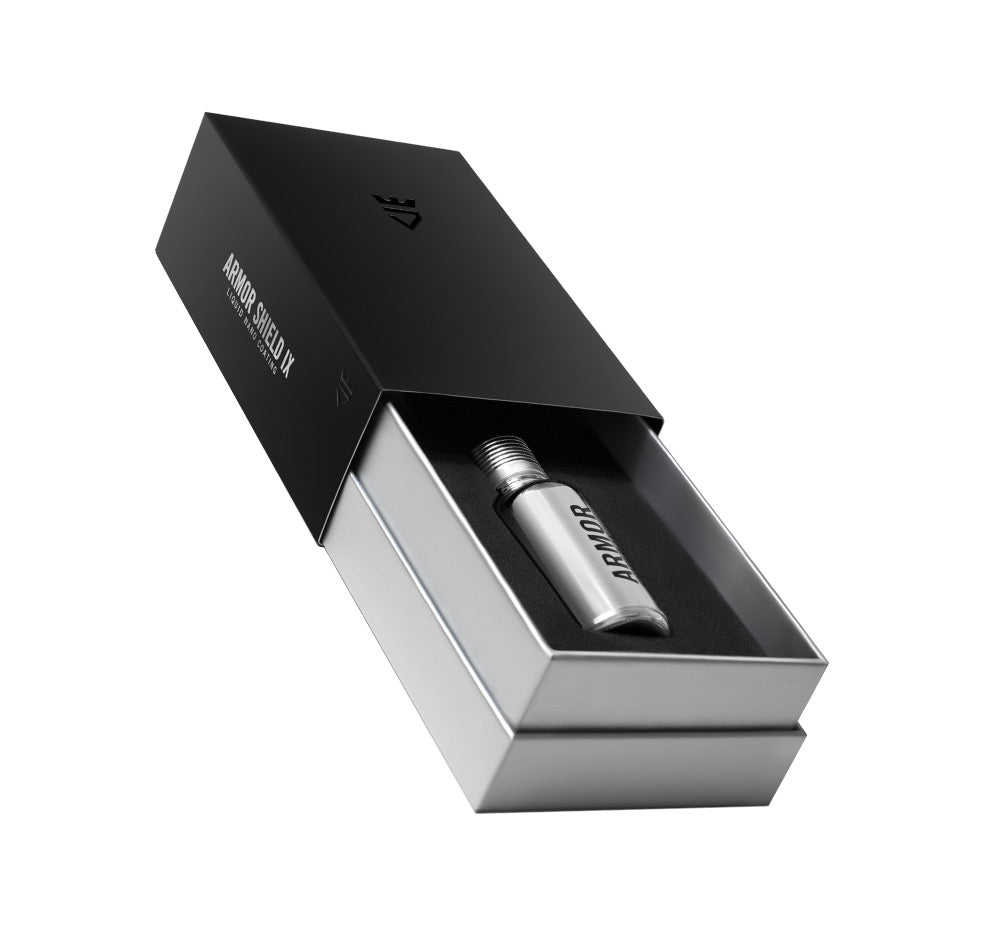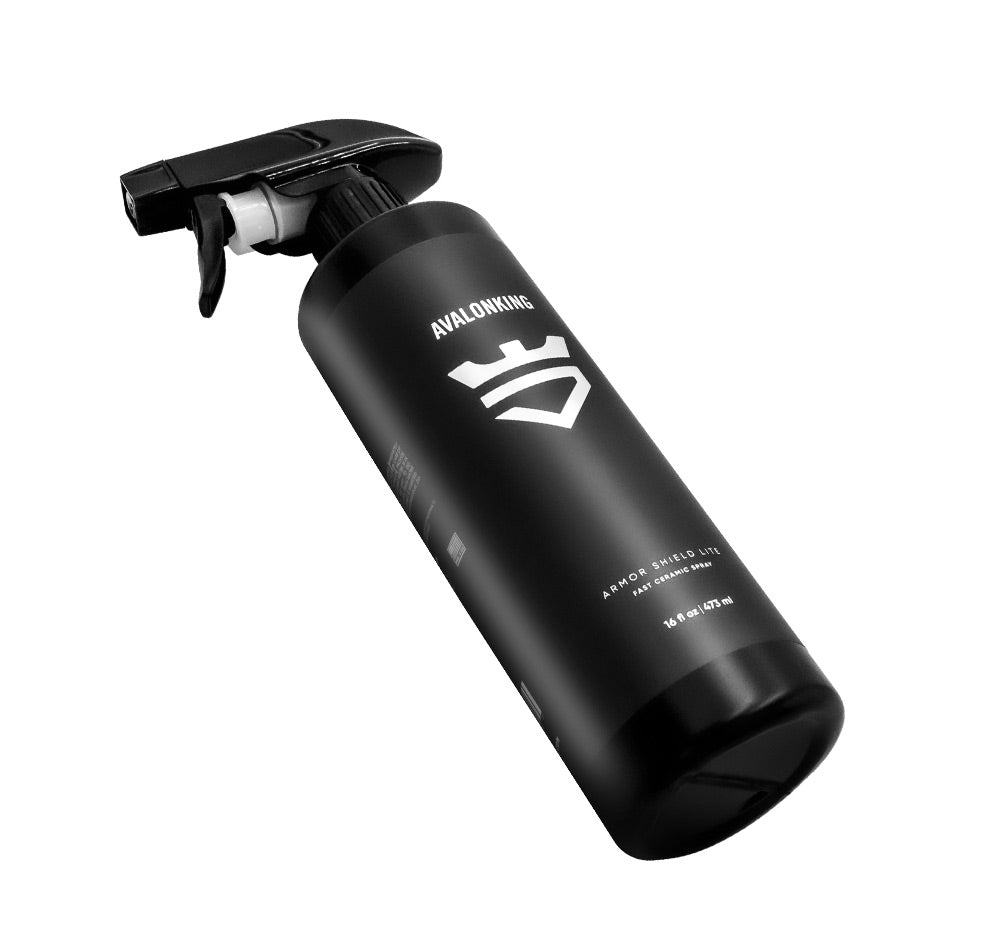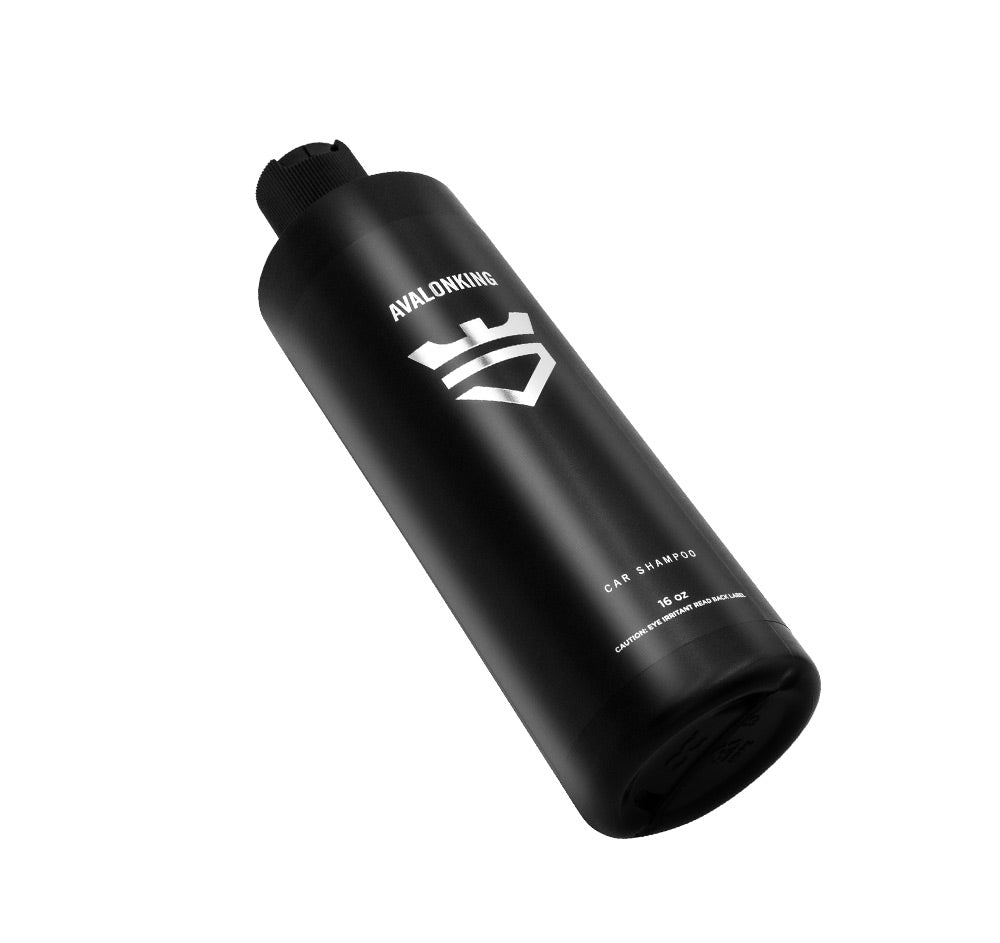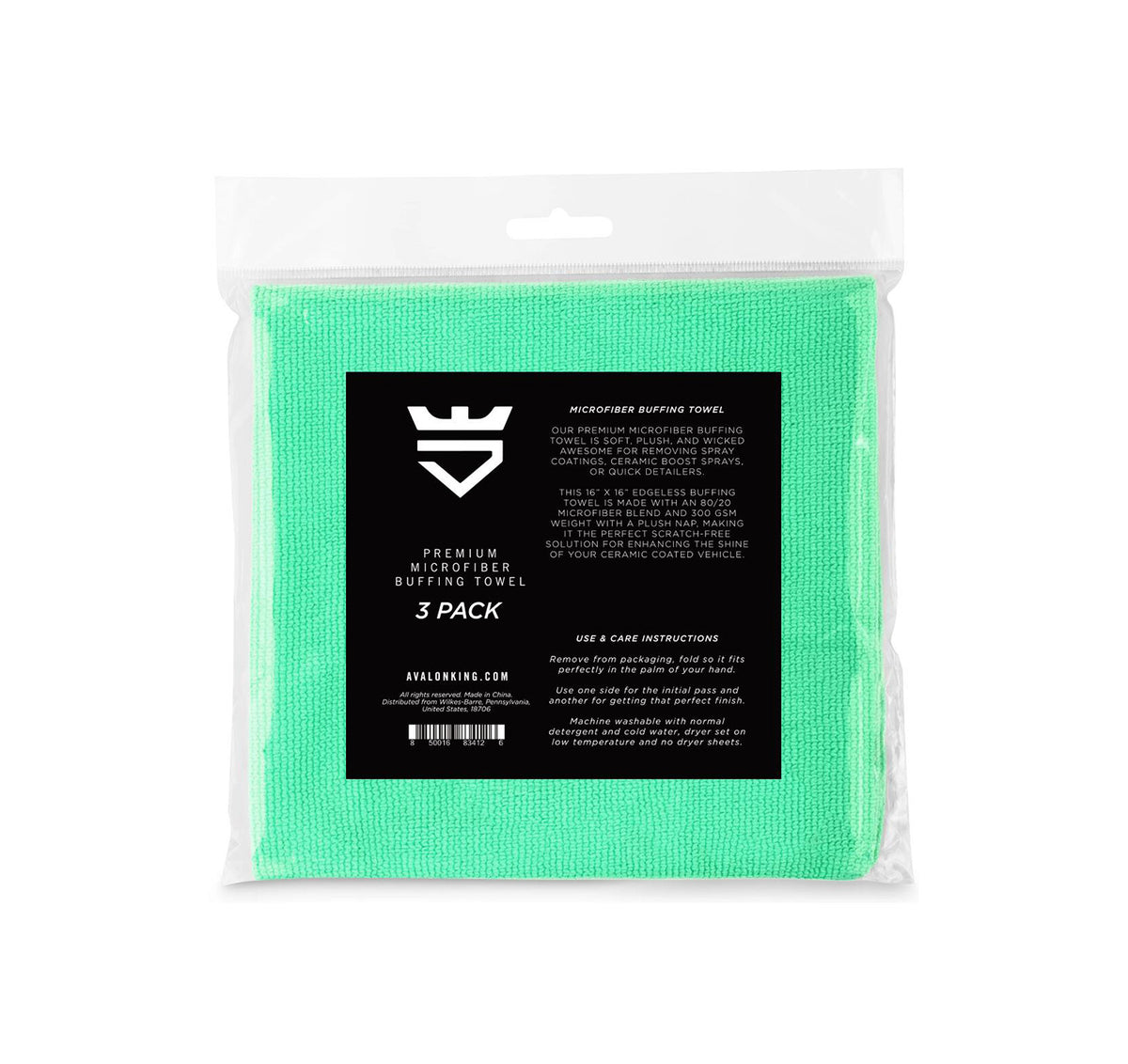What is Rinseless Wash? Explained by AvalonKing
Rinseless wash, a term often used in the car detailing industry, is a method of washing vehicles that requires significantly less water than traditional methods. This technique is not only eco-friendly, but also highly effective in maintaining the pristine condition of a car. AvalonKing, a renowned name in the car detailing industry, has been a strong advocate of this method, and this article aims to provide an in-depth understanding of rinseless wash.
Car enthusiasts and professionals alike are increasingly adopting this method due to its numerous benefits. Not only does it save water, but it also reduces the risk of water spots and streaks, which are common issues with traditional car washing methods. The rinseless wash method is particularly useful in regions with water restrictions or for individuals who do not have access to a traditional hose and bucket setup.
Understanding Rinseless Wash
A rinseless wash is a car washing technique that involves the use of a high-lubricity spray to clean the vehicle. This method eliminates the need for a hose and running water, making it a more sustainable and convenient option. The spray used in a rinseless wash encapsulates dirt and grime, allowing it to be safely wiped away without scratching the vehicle's surface.
It's important to note that while a rinseless wash is an effective method for maintaining a car's cleanliness, it may not be sufficient for heavily soiled vehicles. In such cases, a pre-wash may be necessary to remove the bulk of the dirt before proceeding with the rinseless wash.
Components of a Rinseless Wash
The primary component of a rinseless wash is the rinseless wash solution. This is a concentrated formula that needs to be diluted with water before use. The solution is designed to lift and encapsulate dirt, making it easy to wipe off without causing damage to the car's paintwork.
Another essential component is the microfiber towel. These towels are preferred due to their softness and high absorbency, which help prevent scratches and swirl marks. It's recommended to use multiple towels during the wash process to avoid recontaminating the vehicle with a dirty towel.
Benefits of Rinseless Wash
One of the main benefits of a rinseless wash is water conservation. Traditional car washing methods can use up to 100 gallons of water per wash, while a rinseless wash typically uses less than 5 gallons. This makes it an excellent option for those looking to reduce their environmental impact.
Another benefit is the convenience it offers. A rinseless wash can be performed anywhere, making it ideal for those who live in apartments or areas with water restrictions. Additionally, it's a quicker process than traditional washing methods, saving valuable time for car owners.
The Rinseless Wash Process
The rinseless wash process is straightforward and can be easily performed by anyone, regardless of their car detailing experience. The first step involves preparing the rinseless wash solution according to the manufacturer's instructions. This usually involves diluting the concentrate with water in a spray bottle or bucket.

Once the solution is prepared, it's sprayed onto the vehicle or applied with a microfiber towel. The solution should be allowed to dwell for a few minutes to effectively loosen and encapsulate the dirt. After dwelling, the surface is wiped with a clean, dry microfiber towel. The process is repeated until the entire vehicle is clean.
Precautions to Take
While the rinseless wash process is generally safe for all types of vehicle surfaces, there are a few precautions to take. Firstly, it's important to avoid using a rinseless wash on heavily soiled vehicles. The high concentration of dirt and grime can cause scratches and swirl marks during the wiping process.
Secondly, always use clean, high-quality microfiber towels. Dirty or low-quality towels can also cause damage to the vehicle's surface. It's recommended to have several towels on hand and to switch to a clean towel as soon as the one in use becomes dirty.
Post-Wash Care
After performing a rinseless wash, it's advisable to apply a protective product to the vehicle's surface. This can be a wax, sealant, or ceramic coating. These products add a layer of protection to the paintwork, helping to keep it clean and shiny for longer.
Additionally, proper care should be taken of the used microfiber towels. They should be washed separately from other laundry to avoid contamination with fabric softeners or other chemicals that could reduce their effectiveness. It's also recommended to air dry the towels to maintain their softness and absorbency.
Common Misconceptions About Rinseless Wash
Despite its growing popularity, there are several misconceptions about rinseless wash. One common misconception is that it causes scratches and swirl marks. However, when performed correctly with high-quality products and clean microfiber towels, a rinseless wash is perfectly safe for a vehicle's paintwork.
Another misconception is that a rinseless wash is not as effective as a traditional wash. While it's true that a rinseless wash may not be suitable for heavily soiled vehicles, it's more than capable of maintaining a vehicle's cleanliness with regular use.
Addressing Concerns
For those concerned about potential damage to their vehicle's paintwork, it's important to understand the science behind a rinseless wash. The high-lubricity formula of the rinseless wash solution safely lifts and encapsulates dirt particles, allowing them to be wiped away without scratching the surface.
As for the effectiveness of a rinseless wash, it's worth noting that it's not intended to replace a traditional wash entirely. Instead, it's a convenient and eco-friendly alternative for maintaining a vehicle's cleanliness in between more thorough washes.
Overcoming Misconceptions
Education is key to overcoming misconceptions about rinseless wash. By understanding how it works and its benefits, car owners can make informed decisions about their vehicle's care. Furthermore, with proper technique and high-quality products, a rinseless wash can be just as effective and safe as a traditional wash.
Ultimately, the choice between a rinseless wash and a traditional wash comes down to personal preference, environmental considerations, and convenience. Regardless of the method chosen, regular car washing is essential for maintaining a vehicle's appearance and protecting its value.
Conclusion
In conclusion, a rinseless wash is an innovative car washing method that offers numerous benefits. It's an eco-friendly, convenient, and effective way to keep a vehicle clean. With the right products and techniques, it can be a valuable addition to any car care routine.
As with any car care method, it's important to use high-quality products and follow the manufacturer's instructions for the best results. With a little practice, anyone can master the rinseless wash method and enjoy the benefits it offers.
Ready to elevate your car care routine with the rinseless wash method? AvalonKing has everything you need to get started. From top-quality car shampoos to advanced ceramic coatings, our online store offers a wide range of products designed to keep your vehicle looking its best. With years of expertise in providing the very best in car cleaning solutions, AvalonKing is your go-to source for all your vehicle maintenance needs. Check out our products today and experience the difference for yourself!

